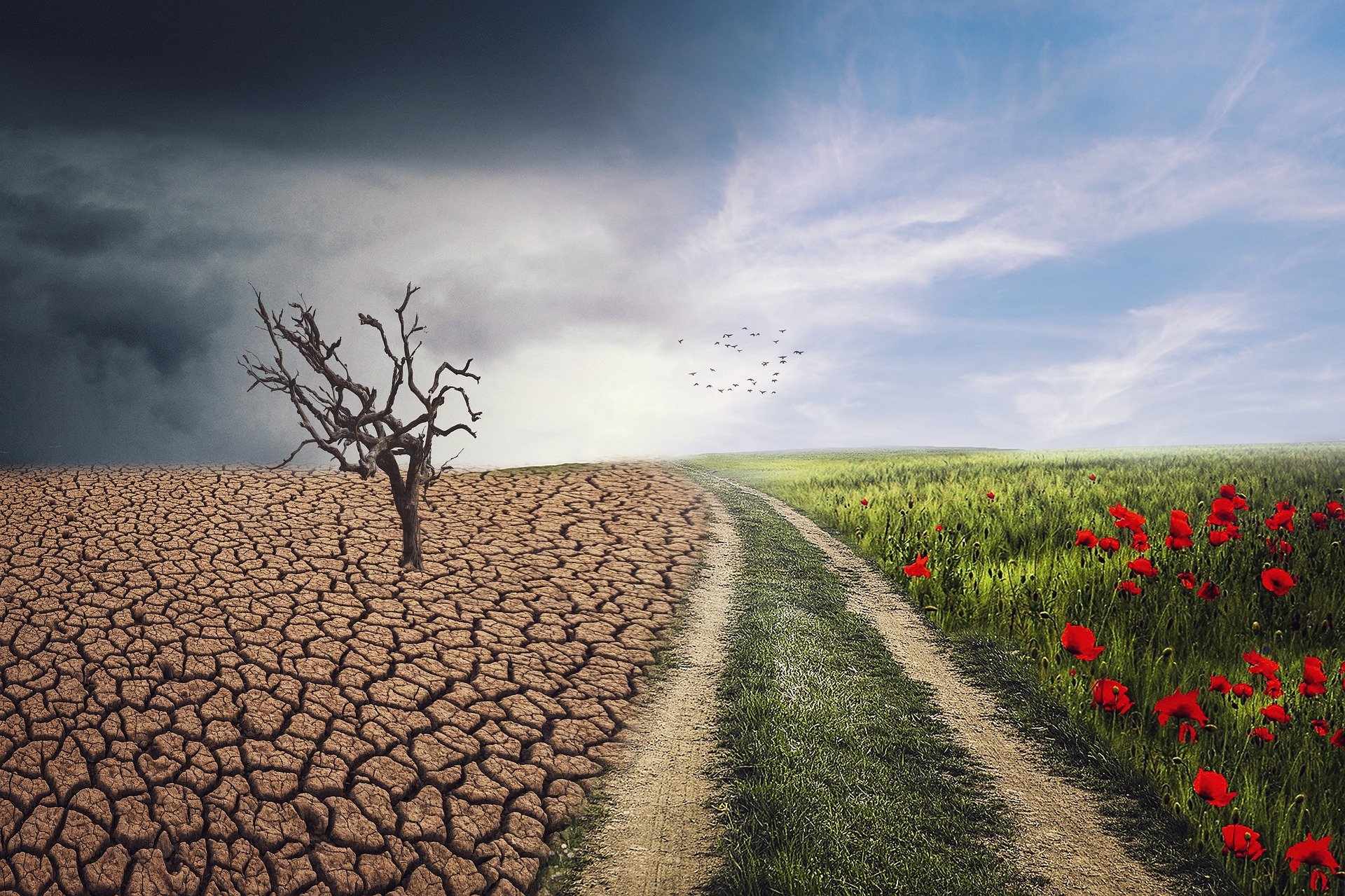
⏳ The ban on freons gives us more time to deal with climate change
A ban on freons has both reduced the hole in the ozone layer and protected vegetation so that it could bind more carbon dioxide.
Share this story!
In 1987, the use of freons was banned in what is known as the Montreal Protocol. That may have averted an environmental disaster in more ways than one, according to a BBC report. The freons were banned because they depleted the atmospheric ozone layer. The ozone hole that had formed allowed UV radiation to leak through, causing harm to humans, animals, and plants.
The ban reduced the size of the ozone hole and research now shows that the ban may also have given us more time to deal with climate change. An international research team has made simulations that indicate that the temperature would have risen by a further 1.7 degrees by the year 2100 if nothing had been done.
The reason for this is that the increased UV radiation would have inhibited the plants' growth, meaning they wouldn't have become as good carbon sinks as they are today.
If freons had not been banned in 1987, according to the researchers' model, there would have been 60 percent less ozone in the atmosphere around the equator by the year 2100. The plants would then have bound 580 billion tonnes less carbon dioxide than in current forecasts. This in turn would have meant that by 2100 there would have been 40–50 percent more carbon dioxide in the atmosphere.
"A world where these chemicals would have been allowed to continue to increase and destroy the ozone layer would have been a disaster for human health, but also for vegetation. The increased UV radiation would have had a massive impact on the plants' ability to absorb carbon from the atmosphere, which would have meant higher carbon dioxide levels and increased global warming", says Paul Young, a researcher at Lancaster University and first author of the study, in a press release.
Hopefully, the success of the Montreal Protocol can pave the way for how we can deal with climate change in the future.
The two challenges are not completely comparable, but it is nice to have something positive to point towards and see that the world can work together for our common best, says Paul Young.
Image: ELG21
By becoming a premium supporter, you help in the creation and sharing of fact-based optimistic news all over the world.


